National giving campaign launched - updated
Posted on 28 May 2025
A national philanthropy campaign aimed at redefining how Australians can give more to help those…
Posted on 11 Feb 2025
By Greg Thom, journalist, Institute of Community Directors Australia
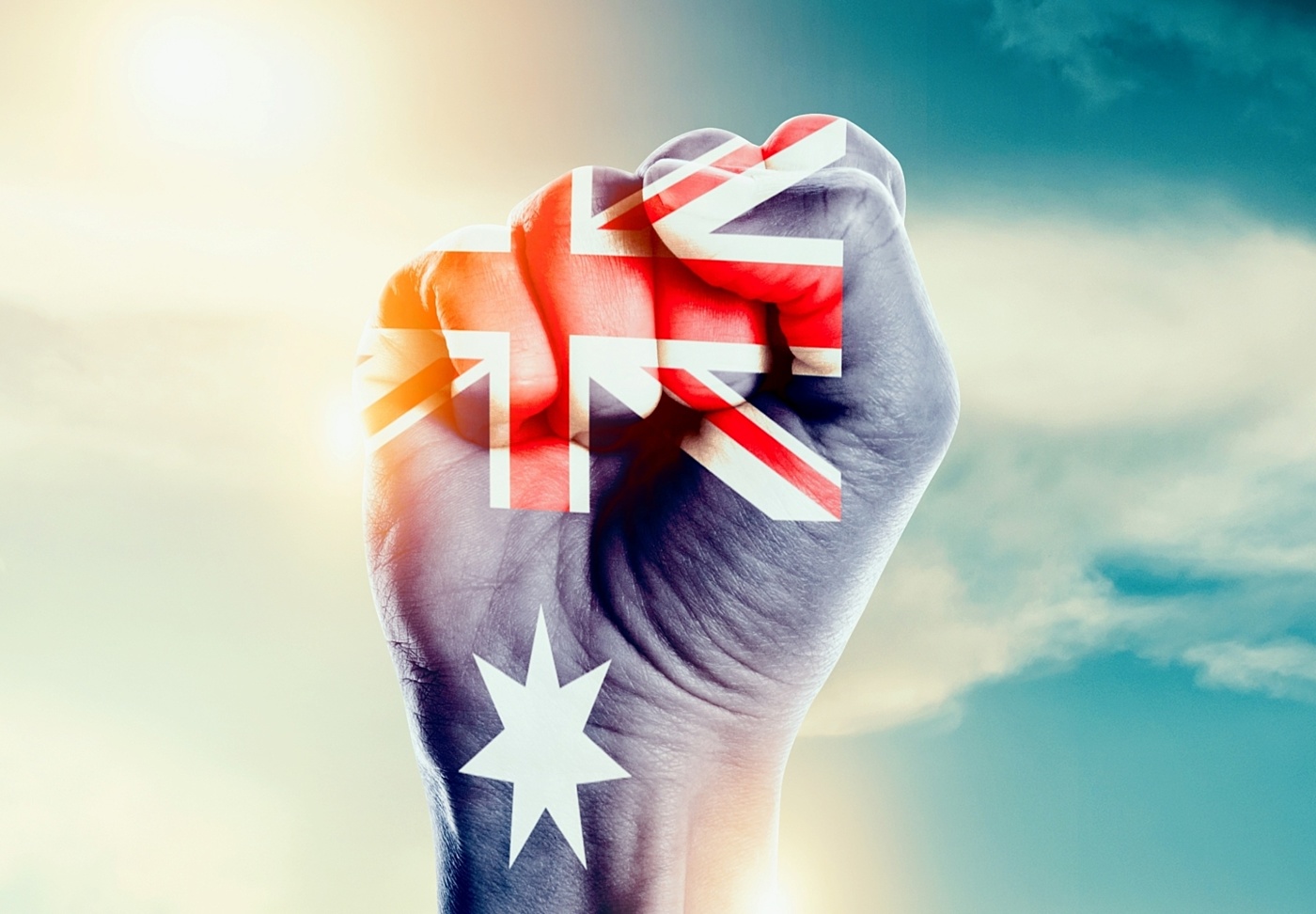
Charity and not-for-profit organisations have banded together to voice their concerns that the federal government’s proposed electoral reforms could curtail the sector’s ability to advocate.
The controversial Electoral Reform Bill, which is likely to be introduced to Parliament this week, is designed to introduce caps on political donations and spending.
However, the Stronger Charities Alliance has called for changes to ensure that if the Bill is passed, charities will continue to have a voice in election debates.
More than 30 sector organisations have penned an open letter to Special Minister of State Don Farrell warning of potential unintended consequences of the legislation, saying the reforms could disproportionately affect charities over and above political parties.
The bill, which was originally scheduled to be introduced to Parliament late last year and passed into law just two weeks later, attracted a flurry of criticism that the government had not allowed enough time for the proposed changes to be properly scrutinised.
The government’s timetable was derailed when negotiations with the Coalition collapsed, causing the bill’s introduction to be delayed until the current parliamentary session.
Changes proposed in the bill include:
The reforms would not come into effect until after this year’s federal election.
Under the proposed reforms, charities would be unable to use most of the donations they received on electoral spending.
While this would potentially limit their ability to contribute to election debates, it would not restrict the activities of political parties or candidates.
While supportive of improved transparency in elections, civil society groups have worked hard behind the scenes to try and mitigate any negative impact from the electoral reforms on charities ability to advocate.
A key plank of the electoral reforms relates to the treatment of third parties – groups that campaign during elections but don’t field candidates, such as trade unions, business lobby groups, charities and NFPs.
The SCA has long argued that charities differed from other third parties because they are legally prohibited from supporting or opposing candidates in elections and instead must engage in issues-based advocacy, which is closely monitored by the Australian Charities and Not-for-profits Commission (ACNC).

“Fairness and transparency in election funding is crucial to ensure elections are a contest of ideas, not money. It’s critical that these reforms don’t conflate non-partisan charities with partisan politics.”
Australian Democracy Network executive director Saffron Zomer said charities were different from political parties.
“We don’t make laws, we can’t form government, and we’re legally bound to pursue the public interest. New election rules need to recognise this.”
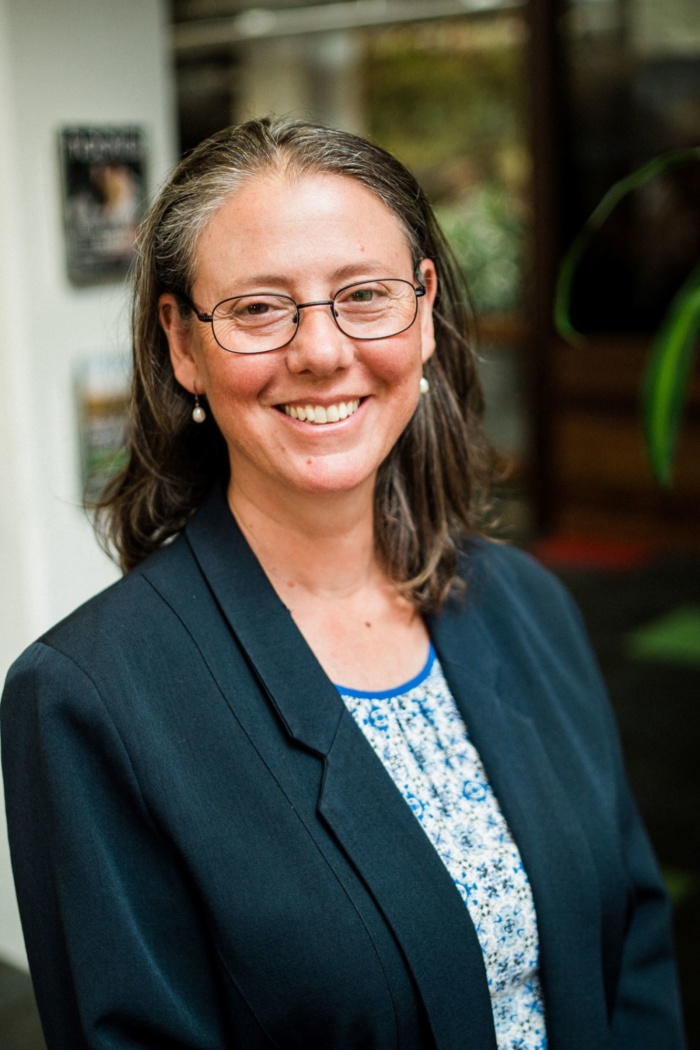
Zomer said that if the Albanese government adopted a “one-size-fits-all” approach to electoral reform then the outcome would be that voters would hear more from political parties and powerful interests and less from the charity voices they trust.
“We appreciate that the minister has been open to feedback from the sector,” she said.
“Now it’s time for the government and all members of parliament to commit to protecting the participation of charities in public debates around election time.”
Zomer’s comments were echoed by other senior sector leaders, including Australian Conservation Foundation CEO Kelly O’Shanassy, who said advocating for policy change that makes Australia better is core business for charities.
“We do this day in and day out and it is ever more valid in the lead up to elections when parties and candidates get serious about developing their policies,” she said.
“Fairness and transparency in election funding is crucial to ensure elections are a contest of ideas, not money. It’s critical that these reforms don’t conflate non-partisan charities with partisan politics.”
St Vincent de Paul Society National Council CEO Toby O’Connor said the words of the Society's founder, Frédéric Ozanam, still resonated today: “There is no charity without justice.”
“As well as providing assistance at times of need, the Society continues to advocate for social change based on the principles of justice and compassion, and we strongly support the work of the Stronger Charities Alliance in furthering these goals.”
Mixed bag for sector in Canberra's end-of-year legislative scramble
Posted on 28 May 2025
A national philanthropy campaign aimed at redefining how Australians can give more to help those…

Posted on 05 Mar 2025
This year’s social impact high achievers come from a family dispute resolution service, a…
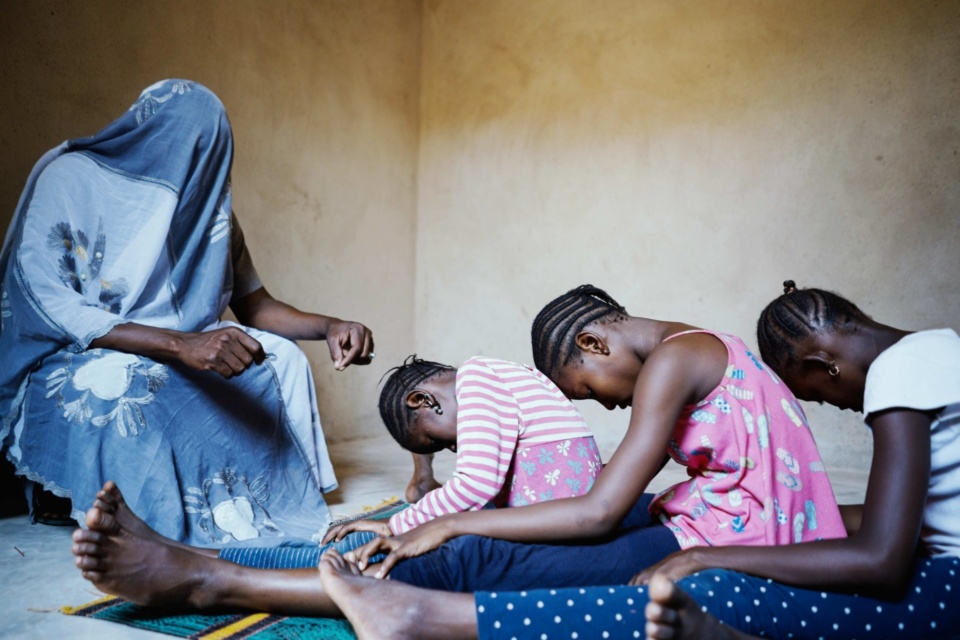
Posted on 05 Mar 2025
An alarming epidemic of weaponised gender-based violence is silently escalating in the shadows of…

Posted on 17 Feb 2025
A new report has called for the introduction of a legally enforceable right to housing across the…

Posted on 15 Feb 2025
Bitterly disappointed charities have slammed the passing of new electoral reforms they claim will…

Posted on 14 Feb 2025
The Trump administration's gutting of USAID threatens to undermine decades of progress in…
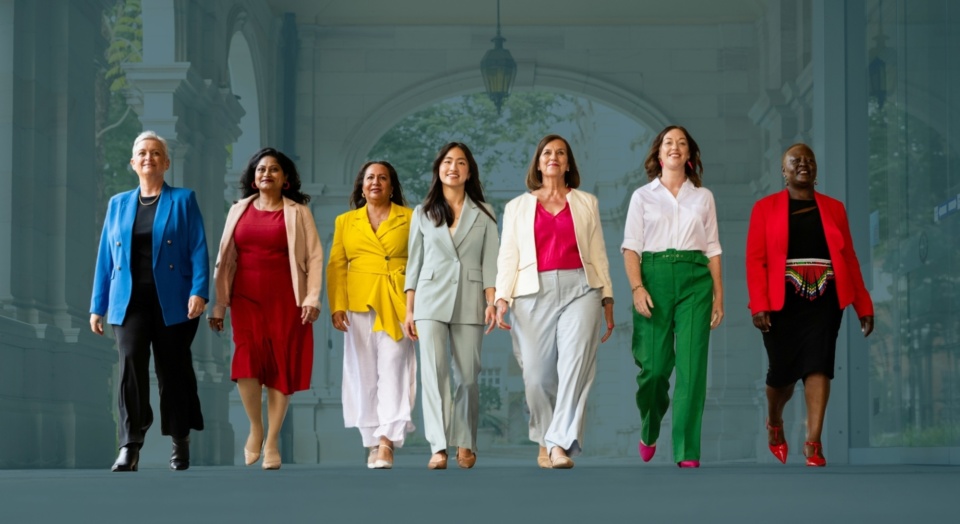
Posted on 13 Feb 2025
While Australia has had some trailblazing female politicians over the years, the road to political…
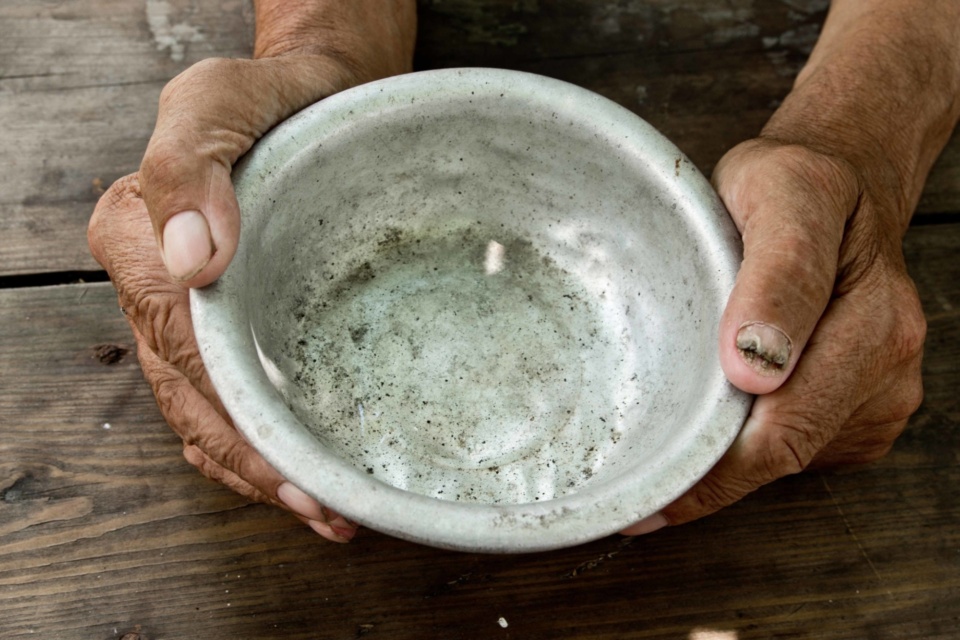
Posted on 12 Feb 2025
The election of Donald Trump as US president is an expression of a pervasive cultural shift away…

Posted on 11 Feb 2025
Charity and not-for-profit organisations have banded together to voice their concerns that the…
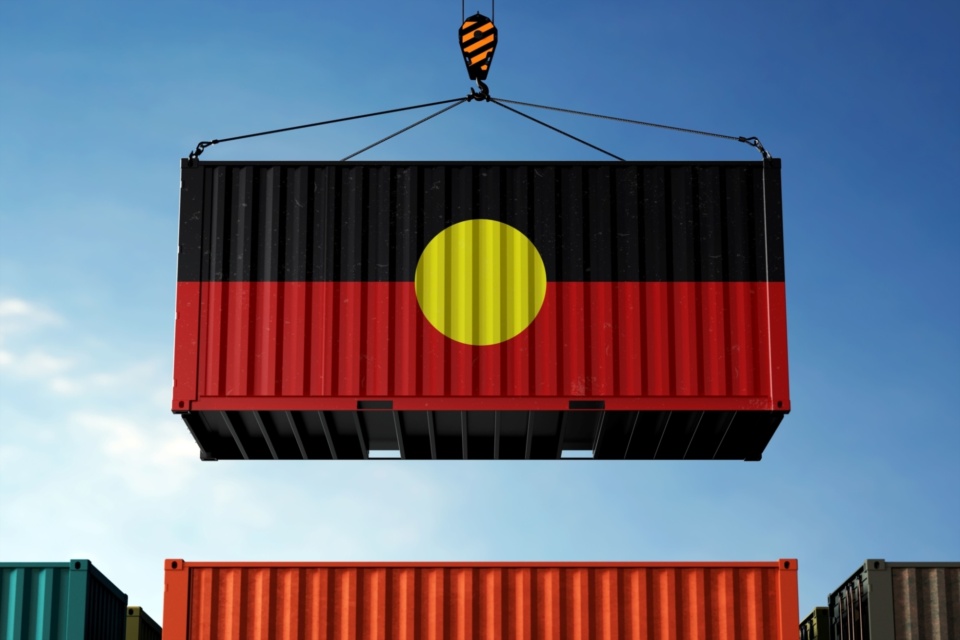
Posted on 10 Feb 2025
The hiring Indigenous business managers by non-Indigenous businesses can help close the employment…

Posted on 10 Feb 2025
The targeting of a Geelong food relief charity by brazen thieves who cleaned out the organisation's…

Posted on 10 Feb 2025
Australian parents are banding together to ensure their kids are not robbed of their childhoods by…